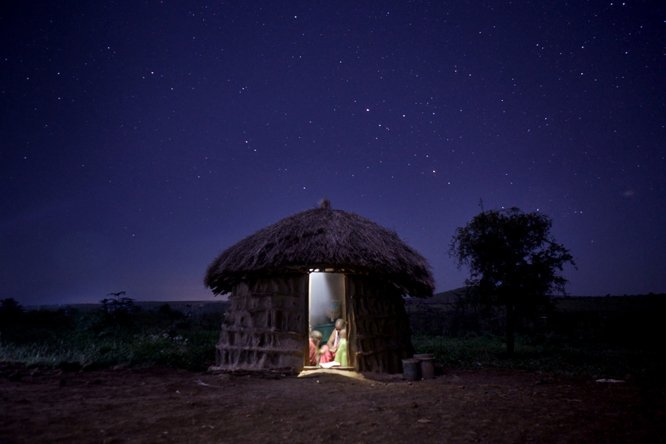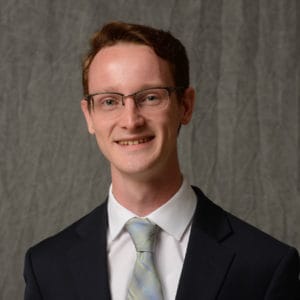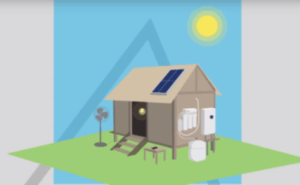
There are over one billion people in the world without access to electricity. Let that sink in for a minute. It’s probably hard for anyone reading this on their web browser to imagine living without electricity. The scale of the issue is immense, the consequences are severe, and there are dozens of factors involved.

In response to this overwhelming problem, the IEEE started a global competition called “Empower a Billion Lives” (EBL) with the goal to develop scalable solutions to energy poverty. FREEDM graduate, David Storelli, was intrigued.
“I like open ended, multi-disciplinary problems,” said David. “That’s what initially attracted me to EBL.”
David certainly has the technical background to compete. He graduated from NC State in December 2017 with a Bachelors in Electrical Engineering. As an undergraduate, he evaluated magnetic materials for solar inverters under the supervision of Dr. Subhashish Bhattacharya and his doctoral student at the time, Dr. Byron Beddingfield. David was also on the Education Team of the FREEDM Student Leadership Council and participated in multiple outreach events for middle and high school students.
David knew that he needed a multi-disciplinary team to develop a creative solution with a sound business model. He found other interested students in the Duke University Sanford School of Public Policy and formed the Triangle Energy Cohort. After multiple brainstorming sessions, the team developed a unique approach. “Solar powered home energy systems are not new,” said David. “They are commercially available in Africa and elsewhere. What is not usually addressed is customer education and feedback.” Their solution combines a PV system with cellular access and pre-pay financing. The premise is that customer education extends the life of the system and maximizes the electrification benefit. Their target market? Indonesia.
Indonesia is a country of 13,000 islands with a population of 261 million. About ten percent of the population has no access to electricity and millions more live in areas prone to blackouts. The government heavily subsidizes the national utility but they struggle to expand the electric grid to remote areas.
Triangle Energy Cohort Solution ConceptThe Triangle Energy Cohort solution is a 60 Watt solar panel, a 10 amp hour battery, a controller, and an interface with USB ports for phone charging and outlets for standard AC loads. Their “secret sauce” is the embedded communication and data acquisition system which will help consumers make better energy choices and send data back to the utility to improve their services. The units will be affordable due to sponsorships from electric vehicle manufacturers who will make a donation with every EV sold.
This combination of proven technology with a scalable business model helped David and his team make it to the regional competition. With funding from FREEDM, team representatives will travel to Shenzhen, China in early November to attend the IEEE Power Electronics and Application Conference. You can view their project description on YouTube.

